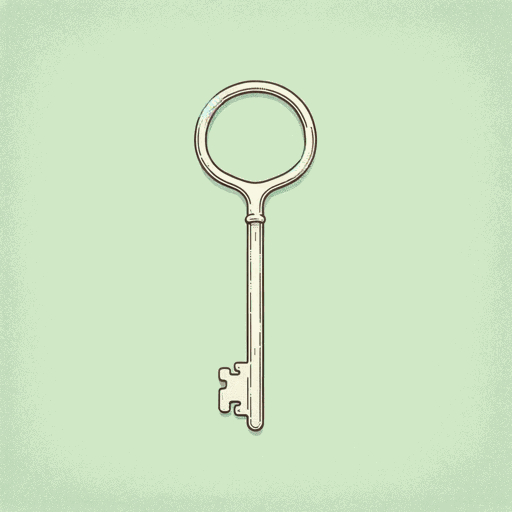69 pages • 2 hours read
John GrishamThe Street Lawyer
Fiction | Novel | Adult | Published in 1998A modern alternative to SparkNotes and CliffsNotes, SuperSummary offers high-quality Study Guides with detailed chapter summaries and analysis of major themes, characters, and more.
Themes
Personal Privilege and Responsibility
Grisham presents his audience with two opposing views of moral responsibility: An individual should only take care of themselves; and every individual is responsible for every other individual, including themselves. Michael’s family’s approach to life is precise, fixed, and prescribed. “Work hard and make plenty, and somehow society as a whole [will] benefit,” as Warner says, is an easy mantra to follow (295). The rules are simple, and the followers do not have to worry about how society will benefit or even whether society benefits at all. By embracing this philosophy, the Brocks are claiming that they have no moral responsibility to anyone but themselves. Drake & Sweeney personify the same ideology: “[The] firm [preaches] pro bono to all its associates, but the free work had damned well better not interfere with the billings” (67). With this mentality, Drake & Sweeney does not make public interest law a priority and certainly not with altruistic motivation. Michael admits to Mordecai that Drake & Sweeney does not even encourage active participation in the DC Bar Association; they are too busy billing hours for their own clients to be part of a greater community. These self-centered views emphasize the age-old dictum that survival depends on every man taking care of themselves, but they also assume that every person is capable of and has the resources to take care of themselves.
Related Titles
By John Grisham

A Painted House
John Grisham
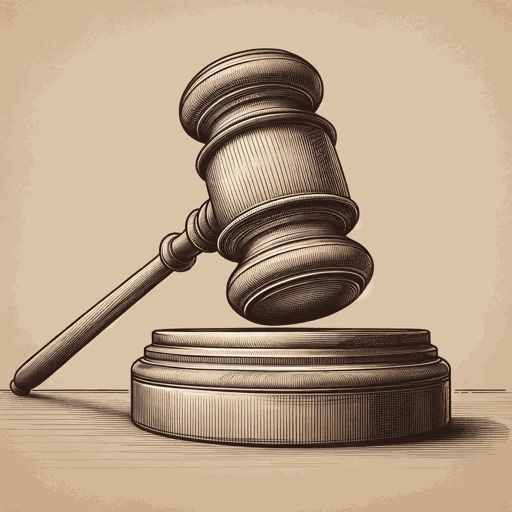
A Time For Mercy
John Grisham
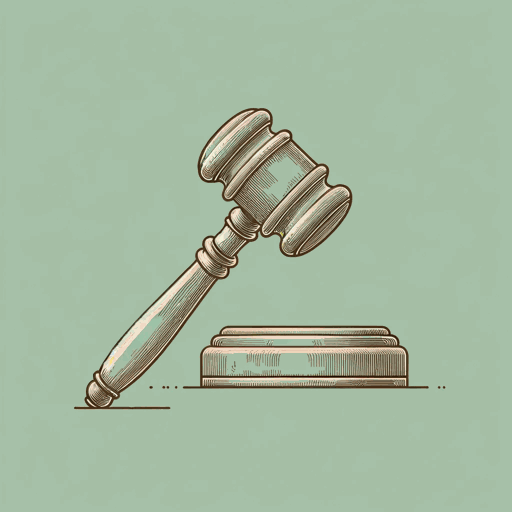
A Time to Kill
John Grisham

Bleachers
John Grisham

Calico Joe
John Grisham

Camino Island
John Grisham

Gray Mountain
John Grisham

Skipping Christmas
John Grisham

Sooley
John Grisham

Sparring Partners
John Grisham

Sycamore Row
John Grisham

The Appeal
John Grisham
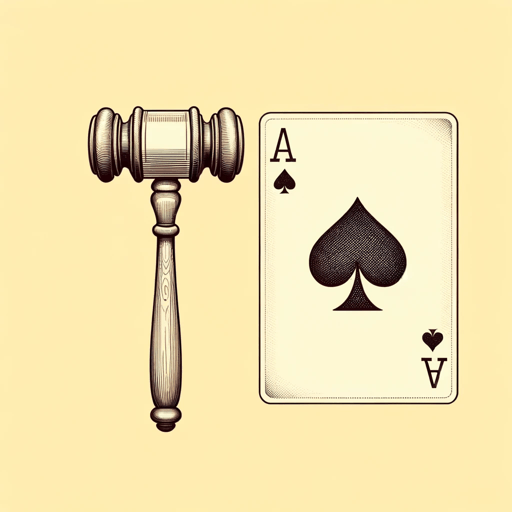
The Boys from Biloxi
John Grisham

The Brethren
John Grisham

The Chamber
John Grisham
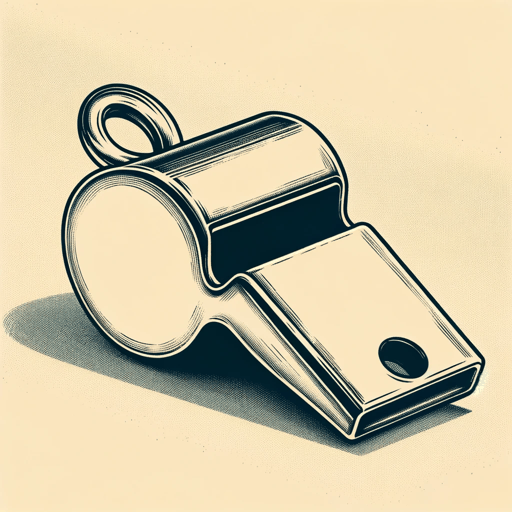
The Client
John Grisham
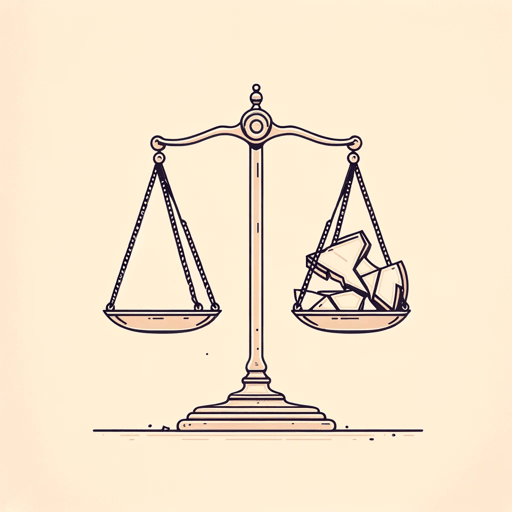
The Confession
John Grisham

The Firm
John Grisham
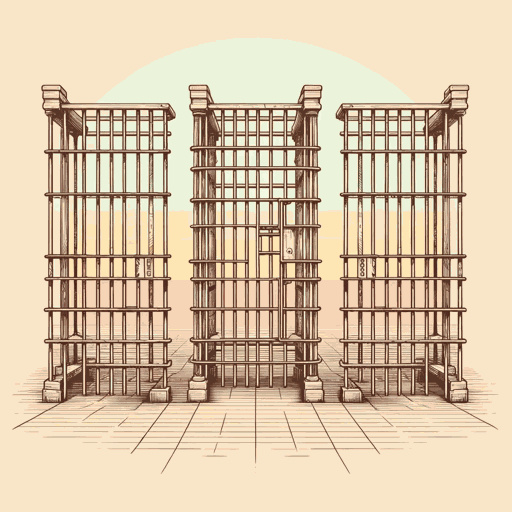
The Guardians
John Grisham
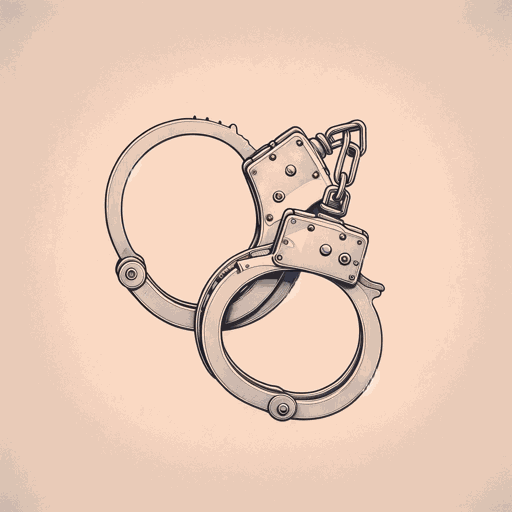
The Innocent Man
John Grisham
